10 Movie Villains Who Had a Point (But Chose the Wrong Path)
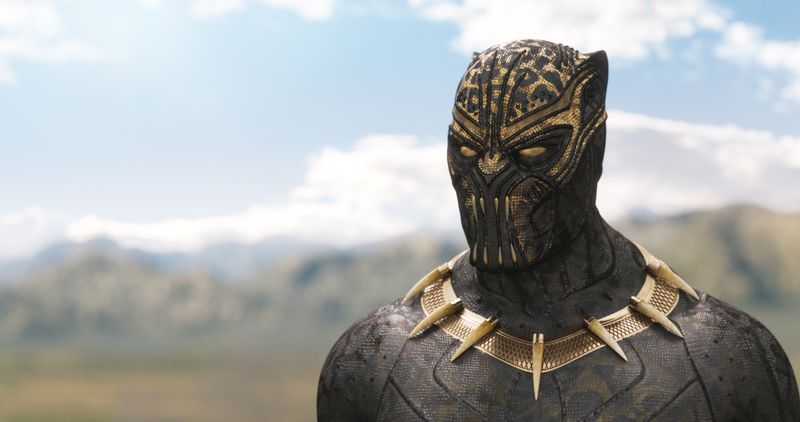
Some of the most memorable movie bad guys aren’t simply evil – they’re complicated characters with understandable motivations. These villains make us question our own beliefs about right and wrong. Their goals often seem reasonable, even noble at times, but their methods cross serious moral lines. Let’s look at movie villains whose causes we might actually support, if only they hadn’t chosen such destructive ways to achieve them.
1. Magneto’s Mutant Protection Crusade
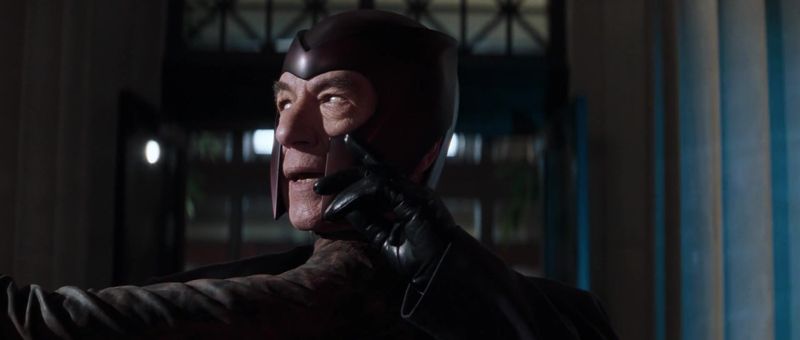
As a Holocaust survivor, Erik Lehnsherr witnessed humanity’s capacity for hatred firsthand. His fear that mutants would face similar persecution wasn’t paranoia – it was informed by brutal personal experience.
Throughout the X-Men films, we see government registration programs, mutant-hunting sentinels, and ‘cure’ initiatives that validate his concerns. Charles Xavier’s peaceful dream often seems naive compared to Magneto’s pragmatism.
Yet Magneto’s fatal flaw was becoming the monster he fought against. By embracing terrorism and viewing humans as inherently inferior, he recreated the same supremacist ideology that once victimized him. His protection of mutants became indistinguishable from hatred toward humans.
2. Roy Batty’s Fight for Replicant Rights
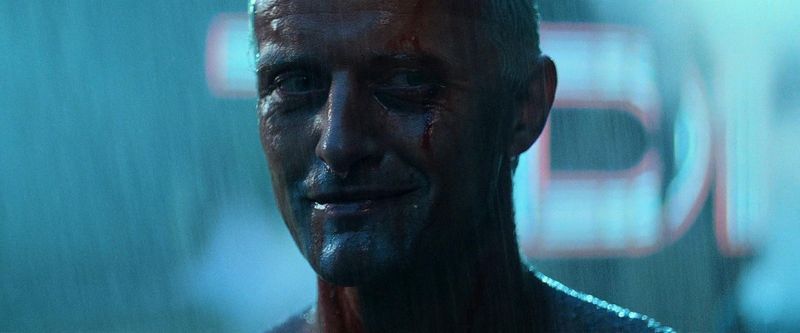
With these words, “I’ve seen things you people wouldn’t believe”, Roy Batty, leader of the rogue replicants in Blade Runner, captured the tragedy of his existence. Created to serve humans, these artificial beings developed real emotions and memories, only to be given just four years to live.
Batty’s rebellion wasn’t simply malfunction – it was an awakening. He wanted what any sentient being desires: the right to continue existing. His journey to Earth was a desperate search for more life.
The violence that marked his quest, however, couldn’t be justified. Murdering his creator and others transformed a sympathetic freedom fighter into something dangerous, undermining the very humanity he sought to claim.
3. Clyde Shelton’s One-Man Justice System
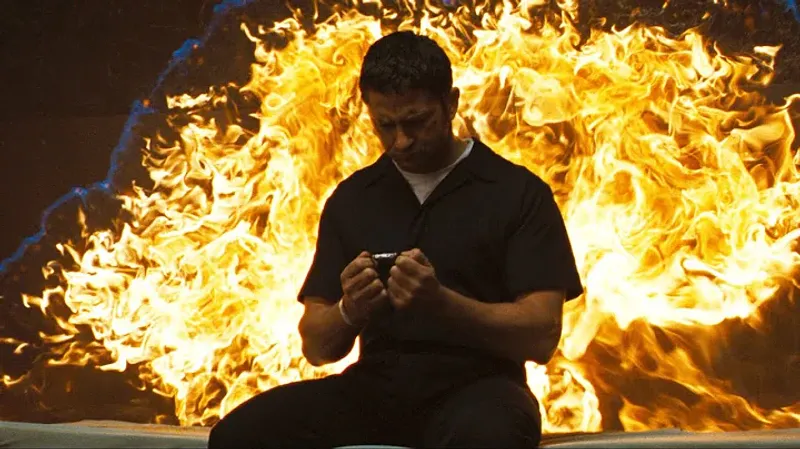
After watching his family’s killers walk free through legal loopholes, Clyde Shelton embodied every victim’s frustration with a broken justice system. The prosecutor’s deal with one murderer to testify against another – letting the worse criminal receive a lighter sentence – highlighted real flaws in plea bargaining.
Shelton’s methodical exposure of corruption forced audiences to confront uncomfortable questions about what justice truly means. His criticism of a system that prioritizes conviction rates over actual justice resonated deeply.
But Shelton’s vigilante campaign quickly spiraled into sadistic revenge. By torturing and executing not just the criminals but everyone involved in the case, he abandoned justice for retribution, becoming as merciless as those he condemned.
4. Killmonger’s Vision for Wakandan Outreach
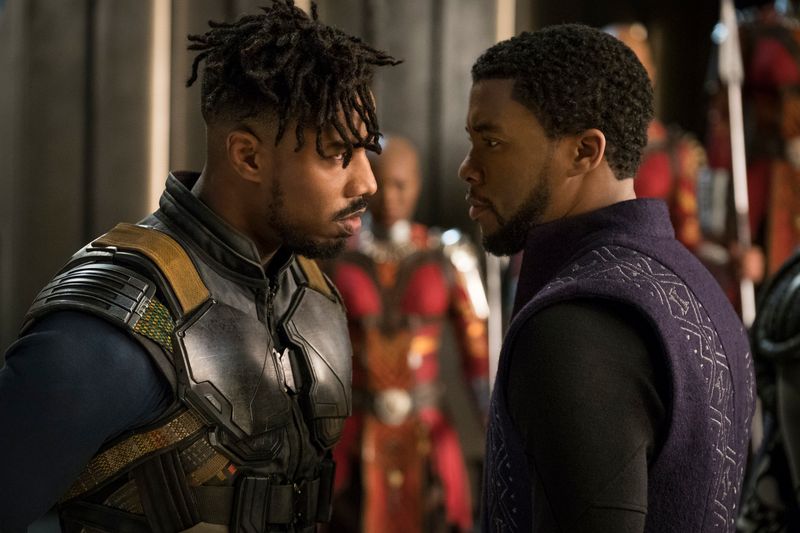
Abandoned as a child after his father’s death, Erik Killmonger grew up witnessing the struggles of Black people worldwide while knowing Wakanda had the power to help. His argument was revolutionary – why should an advanced nation hide while others suffer?
He challenged T’Challa’s isolationist policies with uncomfortable truths about global inequality. The painful history of colonization and oppression fueled his passion.
Where Killmonger failed was his approach. Rather than working toward liberation, he sought domination, planning to arm oppressed groups for violent revolution. His thirst for vengeance overcame his original noble purpose, turning a righteous cause into a dangerous crusade.
5. Poison Ivy’s Environmental Crusade
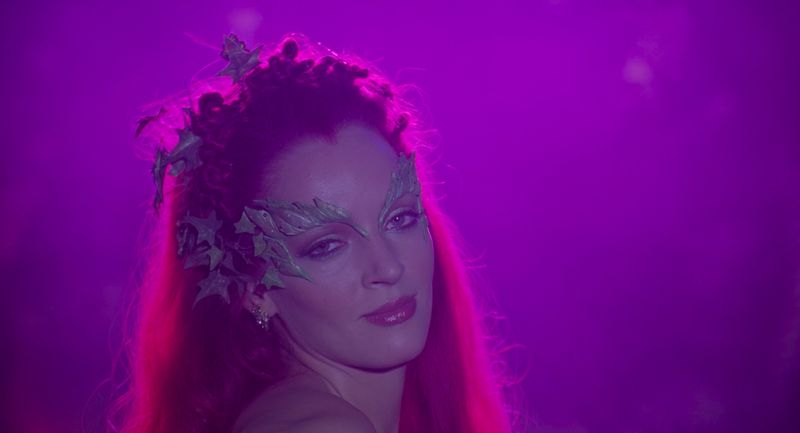
Before becoming Poison Ivy, Dr. Pamela Isley was a brilliant botanist who recognized plants’ importance to Earth’s survival. Her transformation into an eco-warrior stemmed from genuine concern about humanity’s destruction of natural habitats and biodiversity.
Many of her warnings about deforestation, pollution, and corporate environmental crimes mirror real-world ecological crises. Her passion for protecting endangered species and natural ecosystems represents activism at its most dedicated.
Where Ivy crossed into villainy was her willingness to sacrifice human lives for plant life. Rather than working within environmental movements or sustainable development, she turned to terrorism and murder, valuing plant life absolutely over human existence – an extremism that undermined her legitimate environmental concerns.
6. Syndrome’s Campaign Against Superhero Privilege
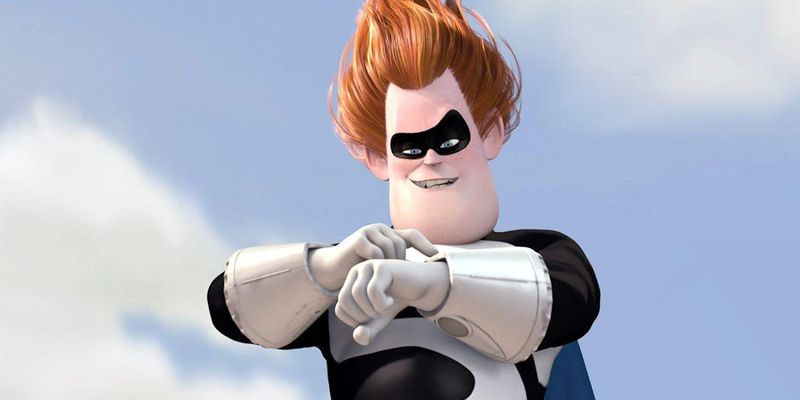
Young Buddy Pine’s rejection by his hero Mr. Incredible sparked a revolutionary idea – why should extraordinary abilities be limited to those lucky enough to be born with them?
His critique of superhero exceptionalism raised valid questions about privilege and opportunity. Through technology and innovation, Syndrome proved that extraordinary achievements weren’t exclusive to the genetically gifted.
Unfortunately, his path to democratizing superpowers involved murdering dozens of actual superheroes and endangering countless civilians. What began as a quest to level the playing field became a narcissistic revenge plot. His technology could have benefited humanity; instead, his wounded ego transformed potential progress into catastrophe.
7. Kaecilius and the Ancient One’s Hypocrisy
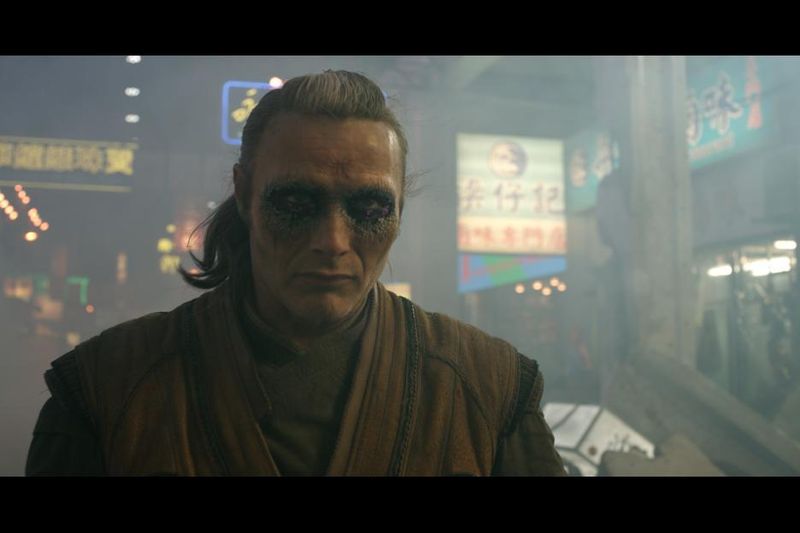
Former student of the Ancient One, Kaecilius discovered his teacher’s greatest secret – while forbidding others from using dark dimension energy, she had been tapping into it herself to extend her life. This revelation of hypocrisy shattered his faith in her leadership.
His anger at being denied knowledge while his master secretly used it highlighted genuine questions about who controls access to power and truth. Many spiritual seekers would share his frustration at discovering their teacher had hidden crucial information.
Kaecilius took this legitimate grievance to catastrophic extremes. Rather than exposing the Ancient One or finding ethical applications for forbidden knowledge, he embraced Dormammu, willing to destroy reality itself in pursuit of eternal life – corrupting his once-valid criticism into destructive fanaticism.
8. Shere Khan’s Fear of Human Destruction
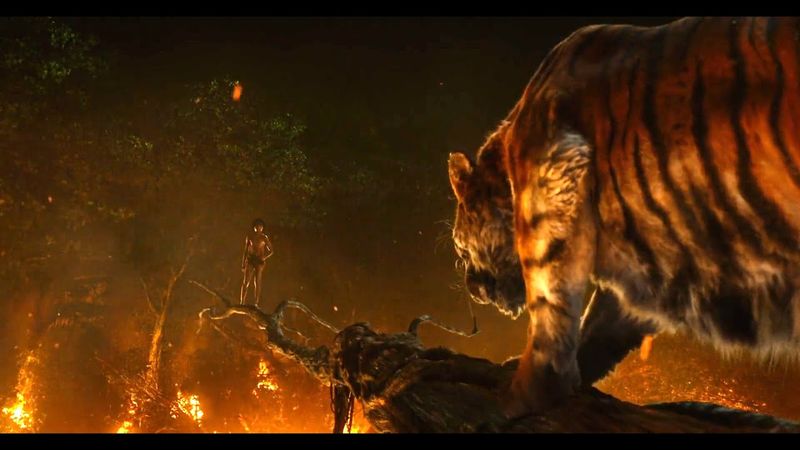
Scarred by human fire, Shere Khan’s hostility toward mankind wasn’t simple predatory instinct – it was based on direct experience with human destructiveness. The tiger’s warnings about man’s capacity to harm the jungle proved prophetic, as humans indeed threatened the natural world with weapons and fire.
Khan’s insistence that Mowgli would eventually bring destruction to the jungle animals contained uncomfortable truth. History has shown repeatedly how human advancement often comes at nature’s expense.
The tiger’s fatal mistake was personalizing this legitimate concern by hunting an innocent child. Rather than protecting the jungle through cooperation with other animals against genuine threats, his obsessive vendetta against Mowgli transformed a reasonable caution into cruel persecution, undermining his valid environmental concerns.
9. Thanos and the Resource Crisis
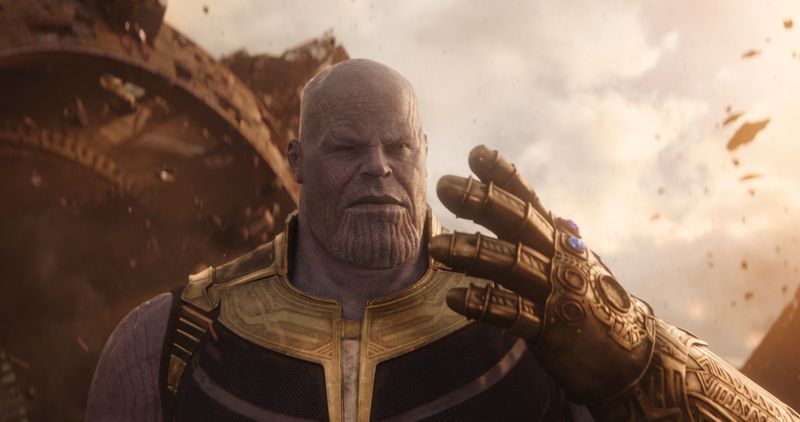
The Mad Titan identified a problem many scientists recognize: unchecked population growth eventually outstrips available resources. Having witnessed his own planet Titan collapse from this very issue, Thanos carried mathematical proof of his theory across the universe.
His concern about sustainability and environmental collapse mirrors real-world anxieties about climate change and resource depletion. Even his detached, unemotional approach to solving the problem had a certain logical consistency.
Where Thanos went horrifically wrong was his solution. Random genocide ignored alternatives like resource multiplication (which the Infinity Stones could enable), education, or technological advancement. His single-minded commitment to mass murder revealed not a visionary environmentalist but a traumatized zealot fixated on proving his rejected Titan theory correct.
10. Ozymandias and the Nuclear Standoff
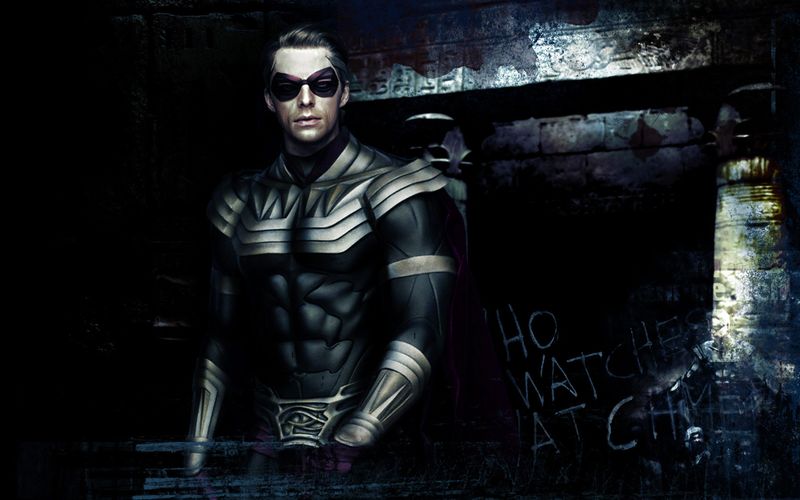
Adrian Veidt, the world’s smartest man, calculated that nuclear annihilation was inevitable without intervention. In a Cold War era where destruction loomed constantly, his fear of mutual assured destruction was entirely rational.
His goal – uniting humanity against a common threat to prevent self-destruction – showed remarkable foresight about human psychology. History confirms that shared enemies often bridge seemingly insurmountable divides between opposing groups.
Veidt’s brilliance couldn’t justify his methods, however. By orchestrating attacks that killed millions, he appointed himself judge, jury, and executioner of humanity’s fate. His utilitarian calculation that sacrificing millions might save billions reflected dangerous hubris – the belief that his intelligence entitled him to decide who lived or died.

Comments
Loading…